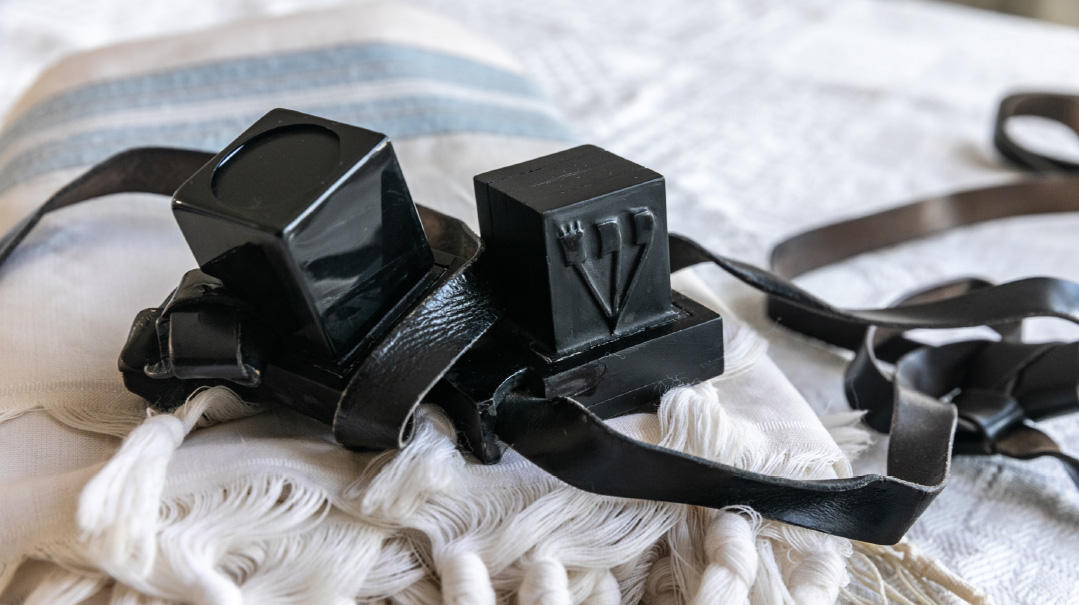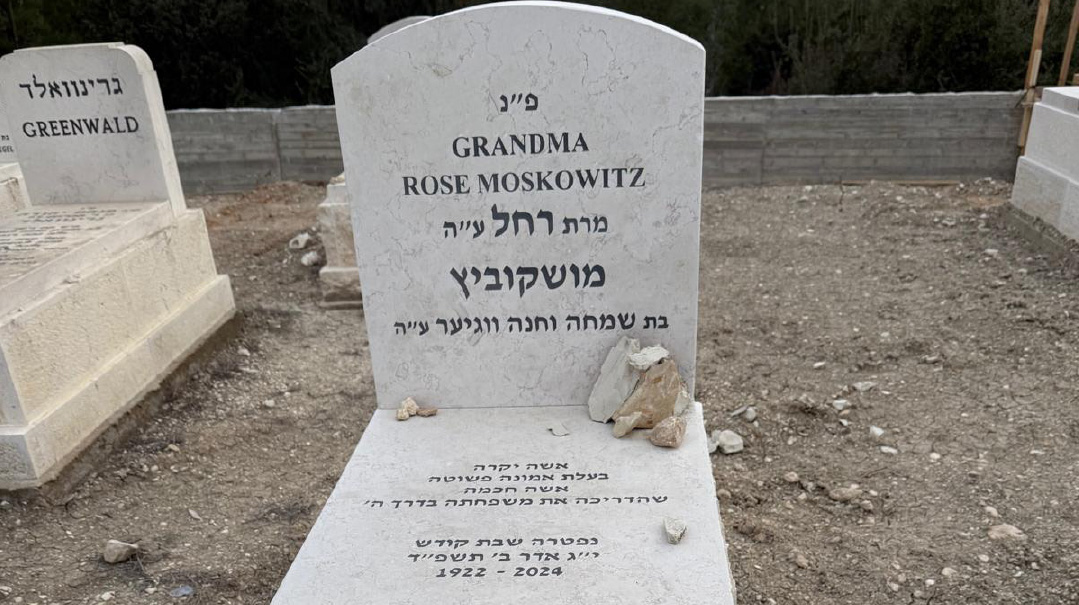A Day of Goodbyes

Not all goodbyes are equal

It was a day of goodbyes, but I would quickly learn that not all goodbyes are equal.
A month ago, my faithful mode of transportation, which had long passed its 15th birthday, decided to call it quits. On a cold Thursday morning, the well-loved Mazda minivan that had provided hours of family memories — taking us on dozens of day trips, transporting our children to school thousands of times — choked out a few cacophonous coughs and shuddered to a stop in the middle of an intersection. The warning signs had been there (it had died two years ago in a similar fashion), but at this point we realized there would be no resurrection; it was time to move on.
Providence had it that I noticed an ad for the exact model that could fit our family, which outgrew a standard minivan several years ago, just a few weeks before my Mazda died, but the seller lived in a different city, and it hadn’t yet worked out for us to meet. The day before my minivan died, the seller called to say he would be in my city that Sunday and could meet me at my mechanic. And just like that, on Monday morning, just three days after coaxing my car back to life for an ephemeral few minutes to drive it back home, it was time to part from it forever, to be replaced with a newer (albeit quite old) vehicle.
A used-parts dealer offered a pittance for it, and just wanting to be free from the burden, I agreed. My wife and I went out to retrieve our personal belongings from the car, and as we walked away with a few overstuffed shopping bags, I was surprised at how little emotional attachment I had to the vehicle in which I had spent so much time. We nostalgically recalled the times the car had transported us to the hospital for the births of our children, but mostly we had no feelings toward it. In my wife’s words, “It’s just a domem [inanimate object].”
What I had not known before contacting the seller of our new-old vehicle was that he wasn’t selling it for himself. His sister’s husband had recently passed away at the young age of 52, and he was helping the fresh widow divest of items she no longer needed — including the family car. I had to meet her in her city to complete the purchase of the car.
Nothing comes simply for an almanah. Even handling the large sum I paid her for the car was obviously uncomfortable for her, so I offered to escort her to the bank to deposit it immediately. But the hardest part of the sale was yet to come.
We walked back to her home, where the minivan was parked, and she handed me the keys. But I could see that she was looking for something. “Where is the camera?” she asked her son, who was home from yeshivah due to illness.
She explained that she wanted to take a few pictures of the car before I left. When she couldn’t locate her camera, I offered to take some pictures and e-mail them to her.
We walked out to the car, and I asked her from which angles I should photograph it. I took a few pictures of the outside, and I thought we were done. Suddenly, her face flushed, and she walked over to the driver’s side and opened the door.
“I just want a picture of where my husband used to sit,” she explained.
I dutifully snapped the pictures, but froze as I heard her murmur, as though trying to convince herself, “Nu, it’s only a domem.”
It was a day of goodbyes, but not all goodbyes are equal.
Ours was to a (generally) faithful servant that had served as a mode of transportation.
Hers was much more.
(Originally featured in Mishpacha, Issue 750)
Oops! We could not locate your form.












